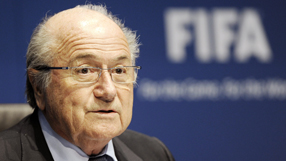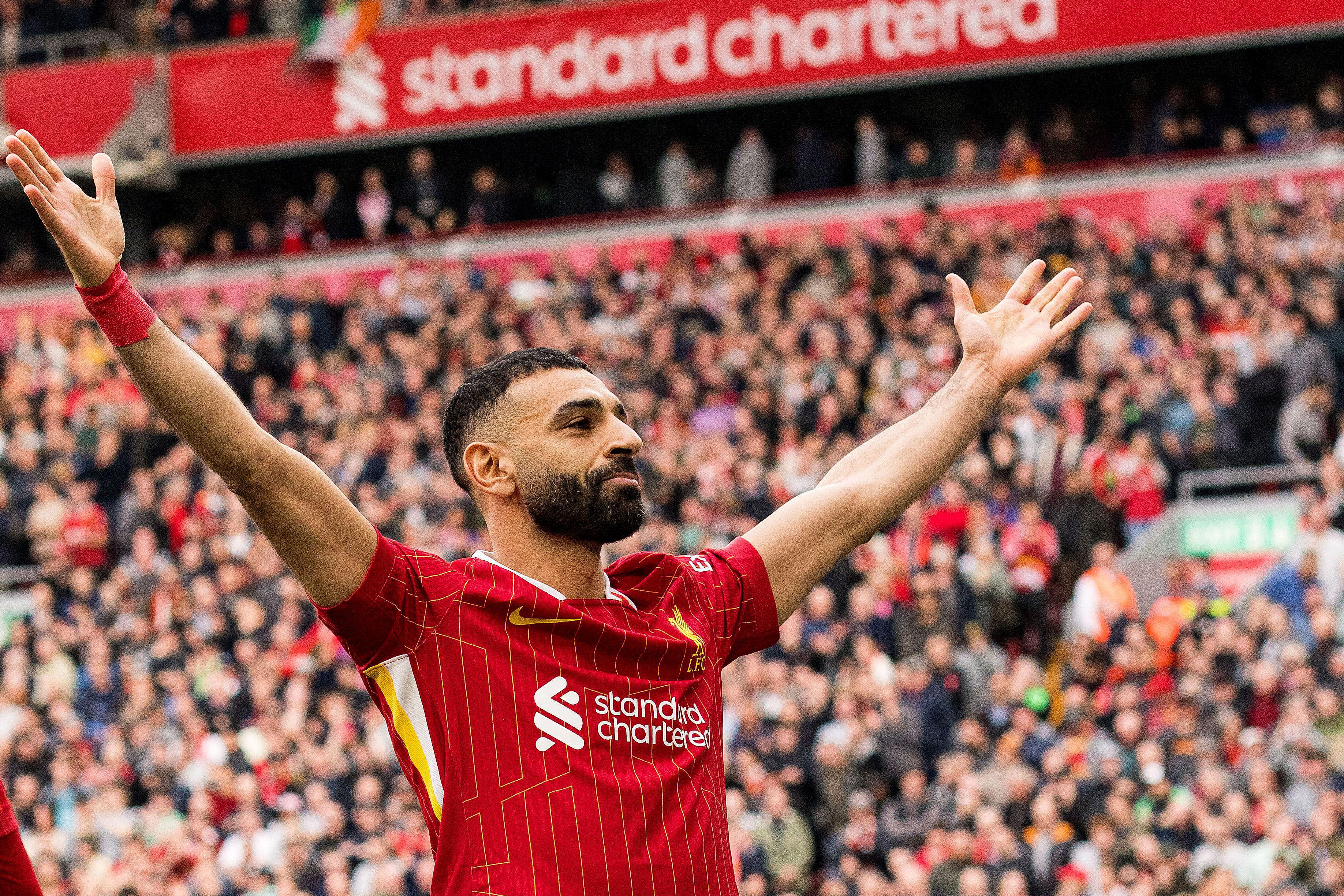FIFA funds Interpol fight against match-fixing
ZURICH - FIFA pledged to donate 20 million euros to Interpol to help fight match-fixing on Monday and received a chilling warning from leading police officials about the extent of the problem.

FIFA president Sepp Blatter told reporters the grant would be used to set up a dedicated anti-corruption unit in Singapore to tackle what police officials said was a low-risk, high profit form of crime.
"It is crucial for us to go together with political authorities, with police authorities to fight those who want to destroy our game," Blatter said.
"I'm a sad president because, after 36 years in FIFA, I thought we would be at the end of a wonderful development of the game."
Interpol secretary general Ron Noble said that match-fixers used "false and violent" methods to move money around the world and a German official said it had become more attractive to criminals than drug trafficking.
"I'm not surprised by the efforts of trans-national crime," Noble told reporters. "It's a high profit with a low risk of getting caught and with online bets, there is the opportunity to make huge amounts.
"It's a perfect mixture of elements for transnational crime."
He added: "Asia is a hotbed of betting and match-fixing and Singapore is among the least corrupt countries on the planet so there may be no better place than to set up this initiative in Singapore."
Get FourFourTwo Newsletter
The best features, fun and footballing quizzes, straight to your inbox every week.
DRUG-TRAFFICKING
Bochum police commissioner Friedhelm Althans told reporters: "Working in international drug trafficking is very dangerous, here they have a very low risk and earn more money than they earned years before by drug trafficking,"
Althans added there were "four, five or six" more criminal gangs currently active in Europe similar to the one which Bochum police smashed in 2009.
Prosecutors believe the 200-strong ring bribed players, coaches, referees and officials to fix games in a number of European countries and then made money by betting on the results.
Six people are currently on trial in Bochum and another 14 are expected to follow.
Althans said that in the Bochum investigation, alone, around 300 matches were under suspicion including internationals, Champions League qualifying games, Europa League games down to the German fourth division.
"Around 1.7 million euros was paid to players and referees and this is barely the tip of the iceberg," he said. "We have a new phenomenon of organised crime.
"There is indeed a worldwide network of people active in this field, it isn't just about pursuing individual clubs and players but about attacking the roots and drive out these worldwide networks."
Althans said that one problem was that sentences in some countries were too light.
"In some countries, penalties are a maximum of two years' prison and that's the wrong way."
FIFA is currently investigating two international friendlies played in Turkey in February in which seven penalties were awarded, one of them taken twice.
The six match officials involved have been suspended pending the outcome.
FIFA has already tightened the
